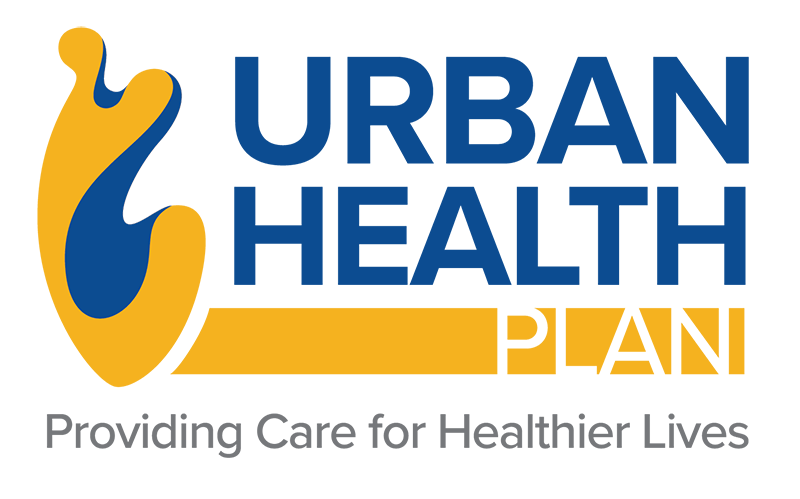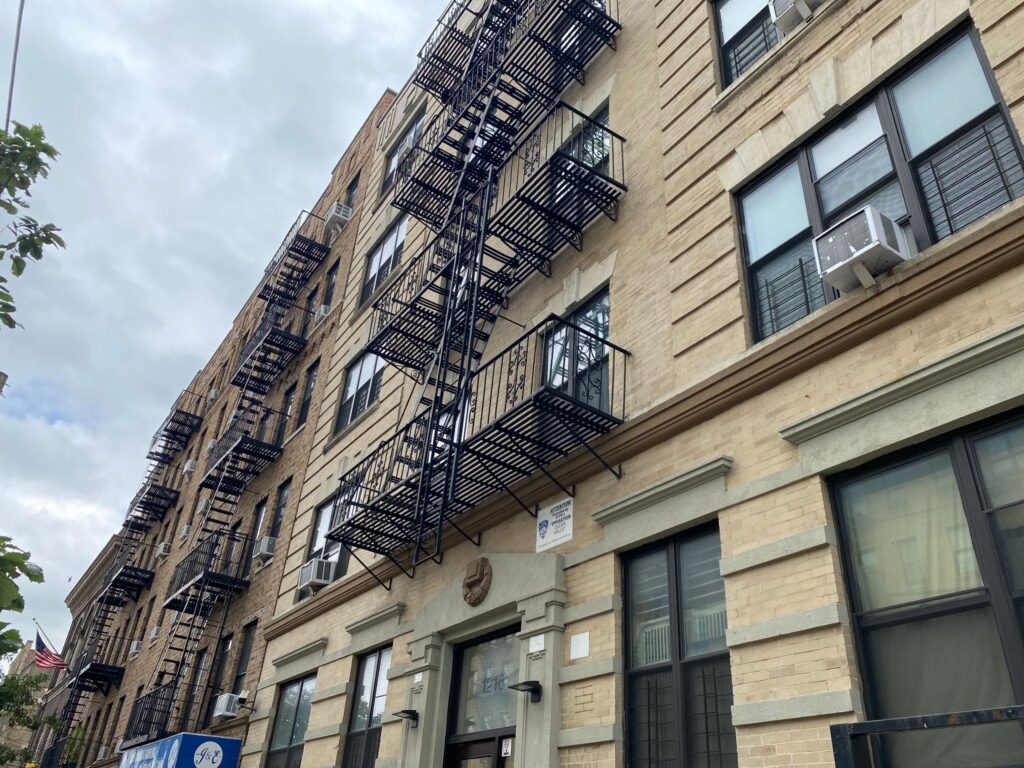Adequate housing is one of the most important aspects for someone’s health and wellbeing. Access to stable, affordable, safe, and well-maintained housing is vital to maintain good health, manage health conditions, and participate fully in society and in one’s own life. However, housing is a complex measure of health and well-being as it is associated with socioeconomic status and location and is affected by gentrification, politics and policy. To ensure residents’ continuous access to housing, Urban Health Plan has elected to examine eviction, housing type, and rental price trends for neighborhood residents. These findings will inform Urban Health Plan and community partners on housing issues such as eviction prevention, policies such as affordable housing designation, adovcacy and outreach efforts for affordable housing needs.


